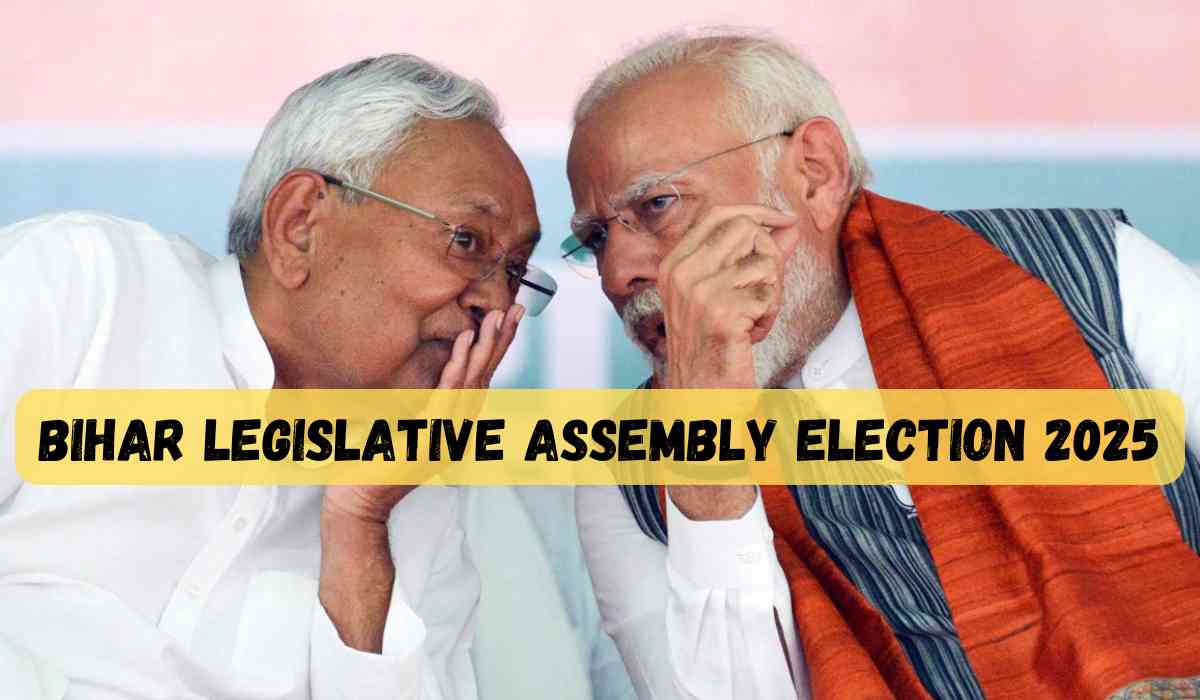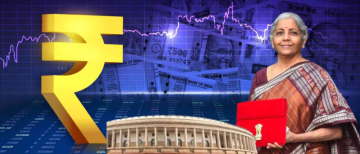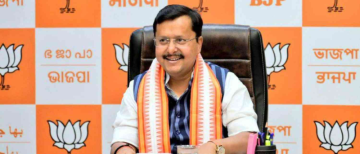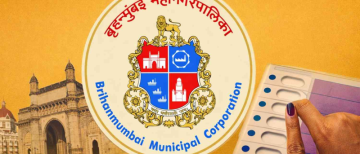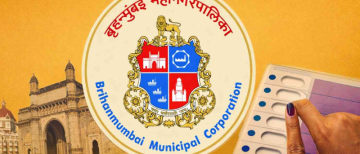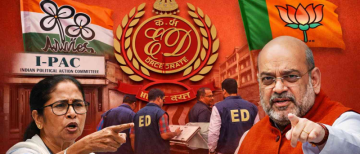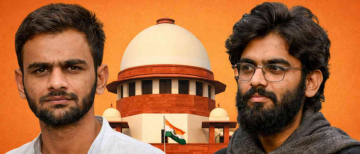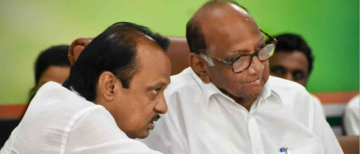As Bihar prepares for its crucial Assembly elections later this year, a major controversy has erupted over the Election Commission of India’s (ECI) decision to conduct a Special Intensive Revision (SIR) of the state’s electoral rolls. While the ECI insists that the move is aimed at enhancing the transparency and integrity of the electoral process, opposition parties, civil society leaders, and several political observers have raised red flags. They allege that the exercise could disenfranchise millions of genuine voters, especially among the poor, migrants, and less educated.
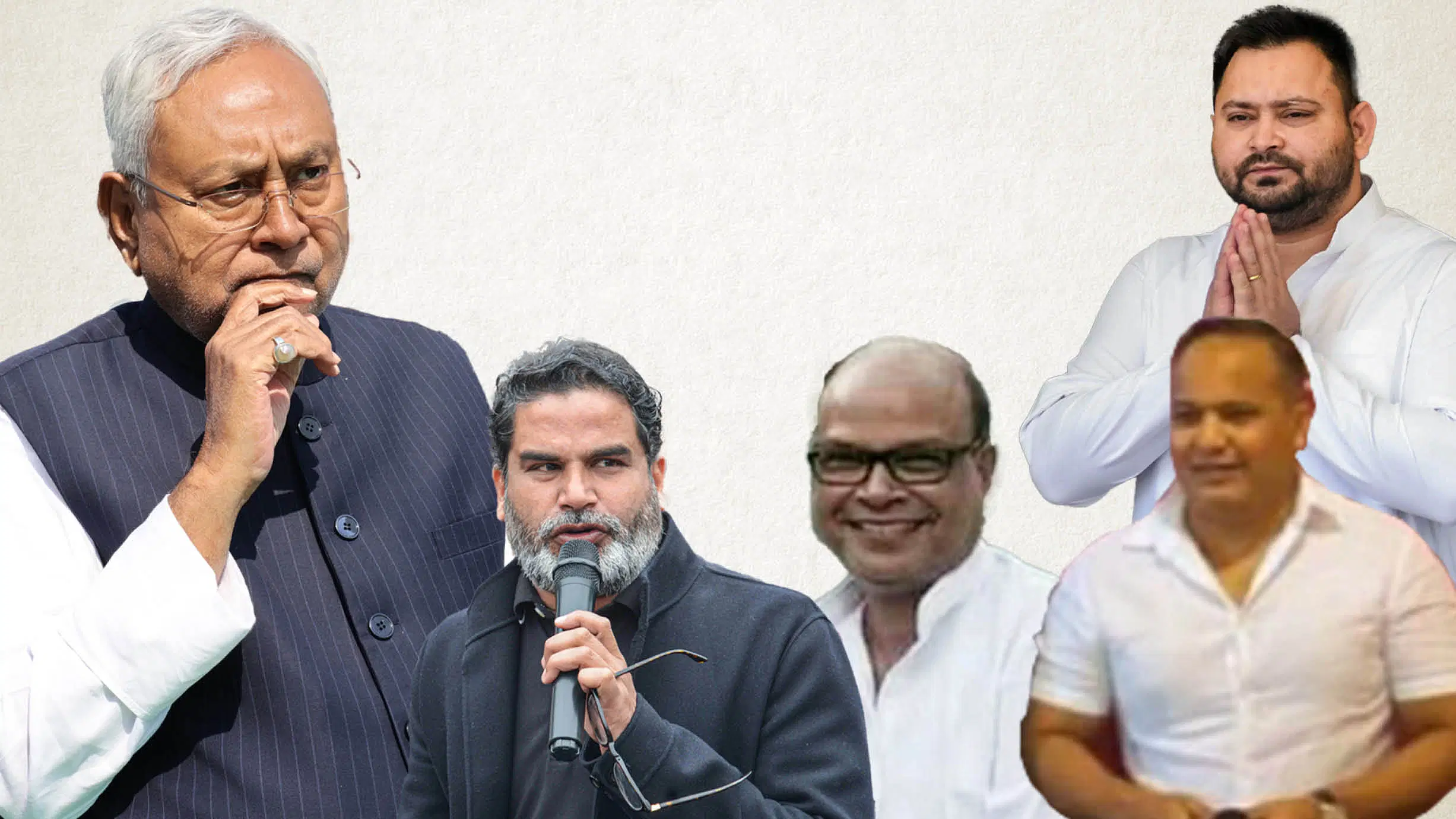
What Is the Special Intensive Revision and Why Is It Happening Now?
Launched on June 24, 2025, the Special Intensive Revision of the electoral roll in Bihar is the first such exercise in the state since 2003. According to the ECI, the revision is necessitated by rapid urbanisation, frequent migration, non-reporting of deaths, a growing population of young eligible voters, and the inclusion of “foreign illegal immigrants” on the rolls.
With Bihar’s voter base now estimated at 7.73 crore, the EC has justified the SIR as essential to prepare an error-free, credible, and transparent voter list ahead of the Assembly elections due in November.
However, the opposition has questioned the timing and scale of the exercise, calling it a “rushed operation” that could potentially impact crores of voters in less than two months.
How Will the Revision Be Conducted?
The EC has laid out a detailed, multi-step process for the SIR:
-
Enumeration forms will be handed over to Booth Level Officers (BLOs), who will go door-to-door to verify electors' documents.
-
Voters will also have the option to upload forms and supporting documents online.
-
A draft electoral roll will be published on August 1, allowing voters and parties to raise objections until September 1.
-
The final electoral roll is scheduled for publication on September 30.
Significantly, the EC has asked political parties to help resolve discrepancies at the preparation stage itself, and directed its officials not to harass vulnerable voters, such as the elderly, persons with disabilities (PwDs), and the poor, during verification.
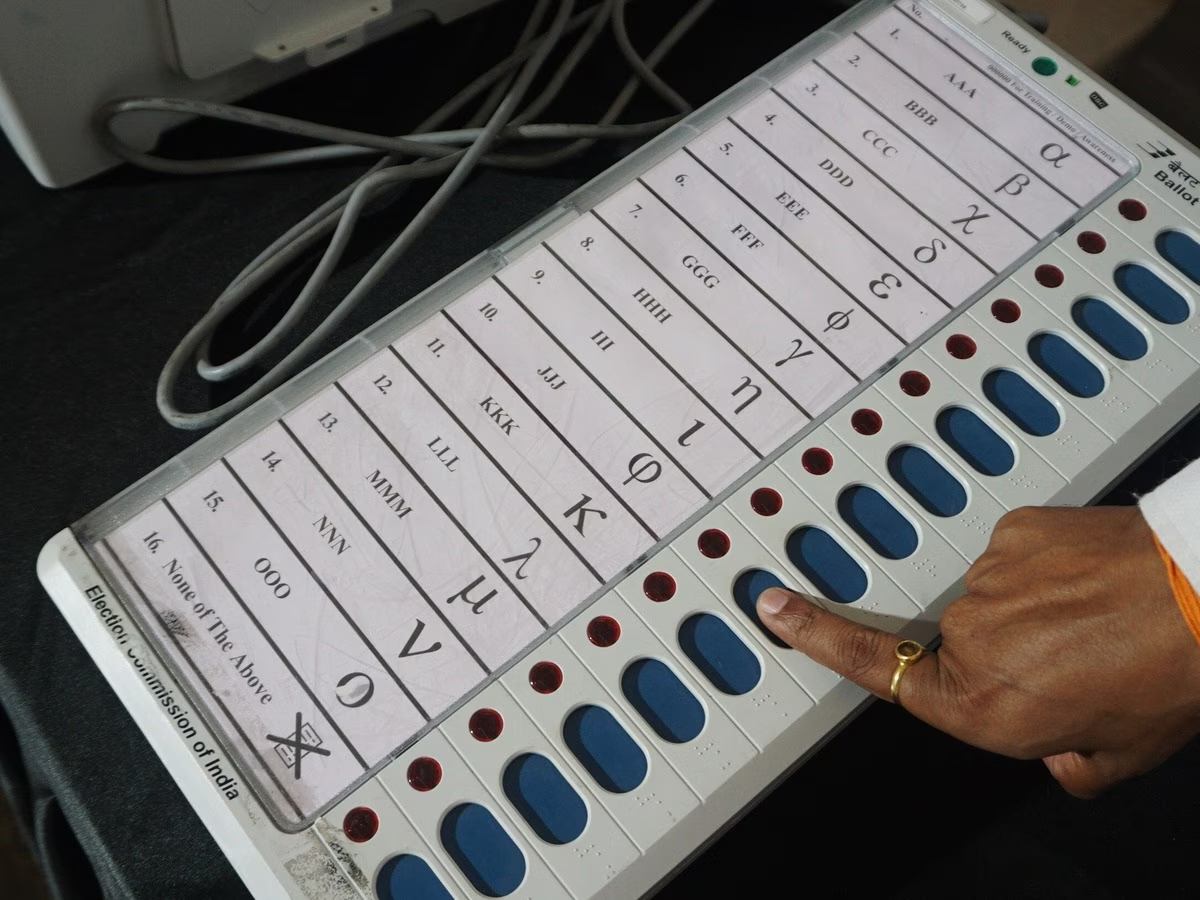
Who Needs to Submit Documents, and Why That Matters
In a detailed 19-page directive to Bihar’s Chief Electoral Officer, the EC has outlined that:
-
Those born before July 1, 1987 must prove their own date/place of birth.
-
Those born between July 1, 1987 and December 2, 2004 must prove their birth details and one parent's birth details.
-
Those born after December 2, 2004 must provide birth documents for themselves and both parents.
This has sparked fears of mass disenfranchisement. While 4.96 crore voters listed in the 2003 revision will be presumed to be eligible and won’t need documents, the remaining crores must now provide proof, which critics say may be inaccessible to many, especially the rural and poor.
Moreover, the EC’s document list is only "illustrative", not exhaustive, raising questions about transparency and consistency in determining eligibility.
The Migration Dilemma: Who Gets to Vote Where?
Migration is a key variable in Bihar’s electoral demographics. A large number of Biharis work in other states but retain voter registration in their native constituencies. As per the Representation of the People Act, a person can only be registered to vote where they are an “ordinary resident”, not merely because they own a house there.
Chief Election Commissioner Gyanesh Kumar clarified that a person who now resides in Delhi, for example, must vote in Delhi, not Patna, even if they own a house there. Those holding voter ID cards in multiple constituencies could face legal consequences.
This puts lakhs of migrants at risk of being dropped from the rolls if they cannot prove current residence, even if they traditionally return home to vote during elections.
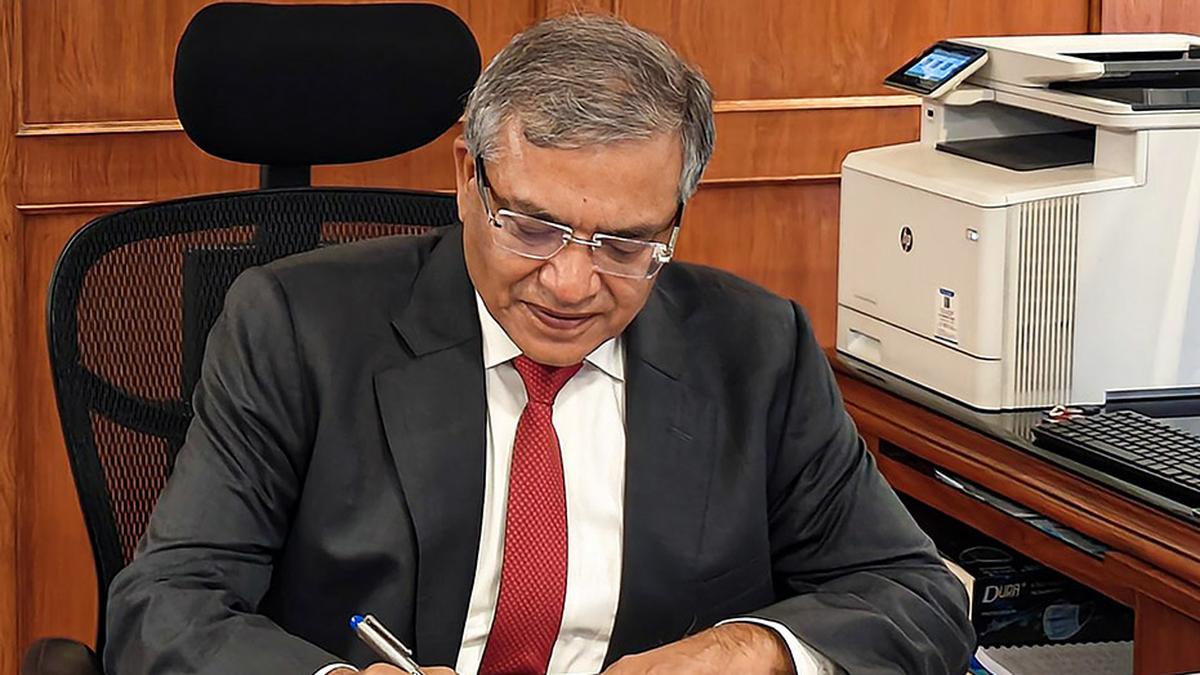
Opposition’s Fury: Allegations of Voter Suppression and NRC by Stealth
The move has triggered a political storm, with the Congress, RJD, CPI(M), and other INDIA bloc members terming it an “undemocratic backdoor entry of the NRC”, capable of suppressing the votes of the marginalised.
Congress alleged that the revision is a “devious and dubious idea in the disguise of a solution”, adding that it could be misused by the state machinery to willfully exclude voters. A joint opposition delegation has met the EC to lodge their protest.
Tejashwi Yadav, Leader of Opposition in Bihar Assembly, has termed the entire exercise a “conspiracy” and questioned its feasibility:
“Creating a new list for 8 crore voters in just 25 days is impractical, especially when 73% of the state is affected by floods. Many poor people don’t even have the documents the EC is demanding.”
He further questioned why the EC, which took two years to complete the 2003 revision, was now attempting a similar scale exercise in less than two months.
Concerns About NRC-Like Implications
A number of political leaders and analysts have likened the process to a stealth introduction of the National Register of Citizens (NRC). The EC’s emphasis on verifying not just individual identities but also the birth details of parents, and its reference to “foreign illegal immigrants”, have reinforced this suspicion.
Mamata Banerjee, the West Bengal Chief Minister, called the exercise “even more dangerous than NRC”, warning that the poor and uneducated may lose their voting rights. She claimed that the ultimate goal was to target voters in Bengal during its own upcoming elections.
Two things we have objected to as preliminary issues:
1. The requirement that only the head or chairperson or president of the political parties could attend.
2. The rather pedantic insistence on two persons per party has no legal basis or sanction, which is most unfortunate.… pic.twitter.com/YBjO7slH9i— Congress (@INCIndia) July 2, 2025
The BJP’s Defense: Ensuring Electoral Integrity
The BJP, both at the state and national level, has staunchly defended the revision. BJP’s Bihar unit chief Dilip Jaiswal said the EC must be allowed to do its job of ensuring clean and updated electoral rolls.
“Fake voting can be prevented, voters who have died can be removed, and it will become clear whether the voter is in Bihar or voting from another state,” he said.
BJP spokesperson Shehzad Poonawalla dismissed opposition claims, pointing out that Congress only protests the EC when it suits their narrative:
“When the same EC conducts elections in Telangana or Himachal and Congress wins, they raise no issue. But now they’re crying foul in Bihar.”
Bihar minister Nitin Nabin went even further, accusing Congress of wanting to win elections through “fake votes”, and questioning their motive behind opposing voter verification.
A Former CEC’s Take: Misplaced Apprehensions?
In contrast to political criticism, former Chief Election Commissioner N. Gopalaswami offered a more neutral view. He welcomed the revision, stating that door-to-door verification ensures a more accurate voter list.
He added that genuine voters will not be left out, as multiple verification steps are built into the process. According to him, fears of mass deletion are "misplaced", especially since those without documents may still be verified through other means.
However, he did admit that the poor and rural citizens may face logistical difficulties due to low literacy levels and lack of digital access – a challenge the EC must address proactively.
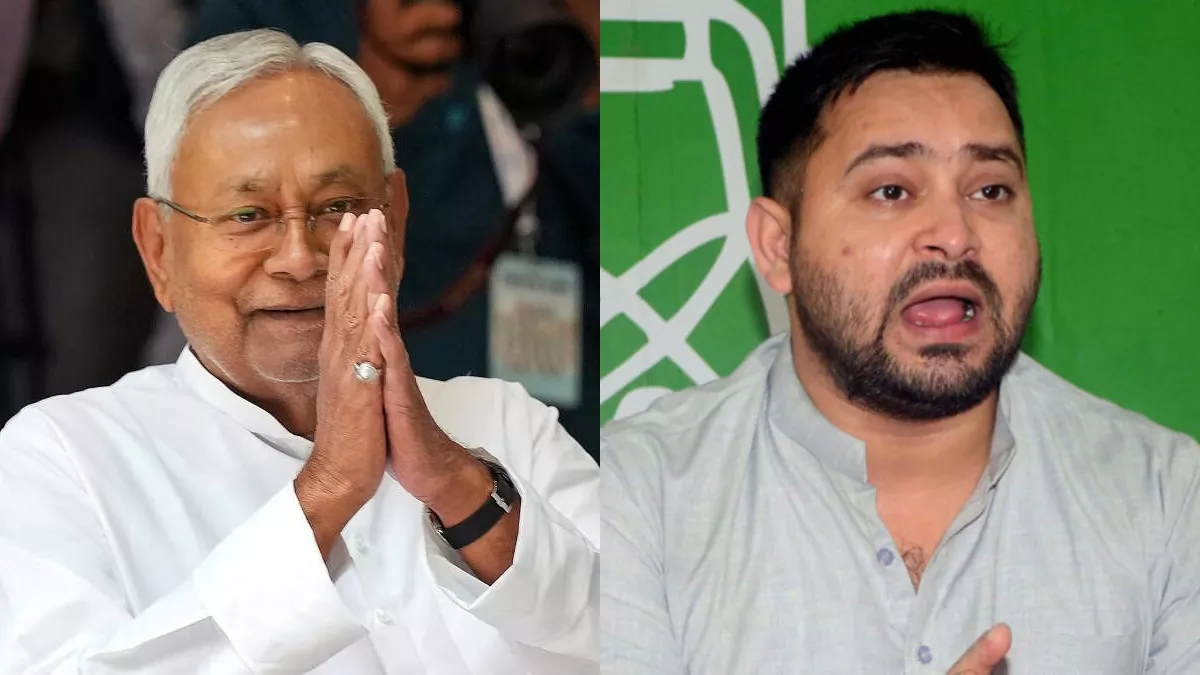
The Core Questions: Timing, Feasibility, Fairness
While the intent behind the Special Intensive Revision may be legitimate – to cleanse electoral rolls of inaccuracies – the timing, scale, and documentation requirements have created a vortex of concern.
-
Can such a massive verification exercise be completed in time without errors?
-
Will it unfairly exclude the poor, rural, and migrant populations?
-
Is the EC risking its neutrality by pushing a politically sensitive exercise so close to elections?
-
And most critically, is this a quiet step toward implementing NRC-like requirements without parliamentary sanction?
These questions will continue to dominate Bihar’s political discourse in the run-up to the polls.
Democracy at a Crossroads
The voter list revision in Bihar is not just an administrative update – it’s a litmus test for Indian democracy. While electoral integrity is essential, it must not come at the cost of mass disenfranchisement. With deep political mistrust and volatile electoral equations at play, the ECI must ensure absolute transparency, accessibility, and fairness throughout the process.
If not, what began as a technical exercise to clean up electoral rolls may end up undermining the very foundations of democratic participation.
With inputs from agencies
Image Source: Multiple agencies
© Copyright 2025. All Rights Reserved Powered by Vygr Media.

